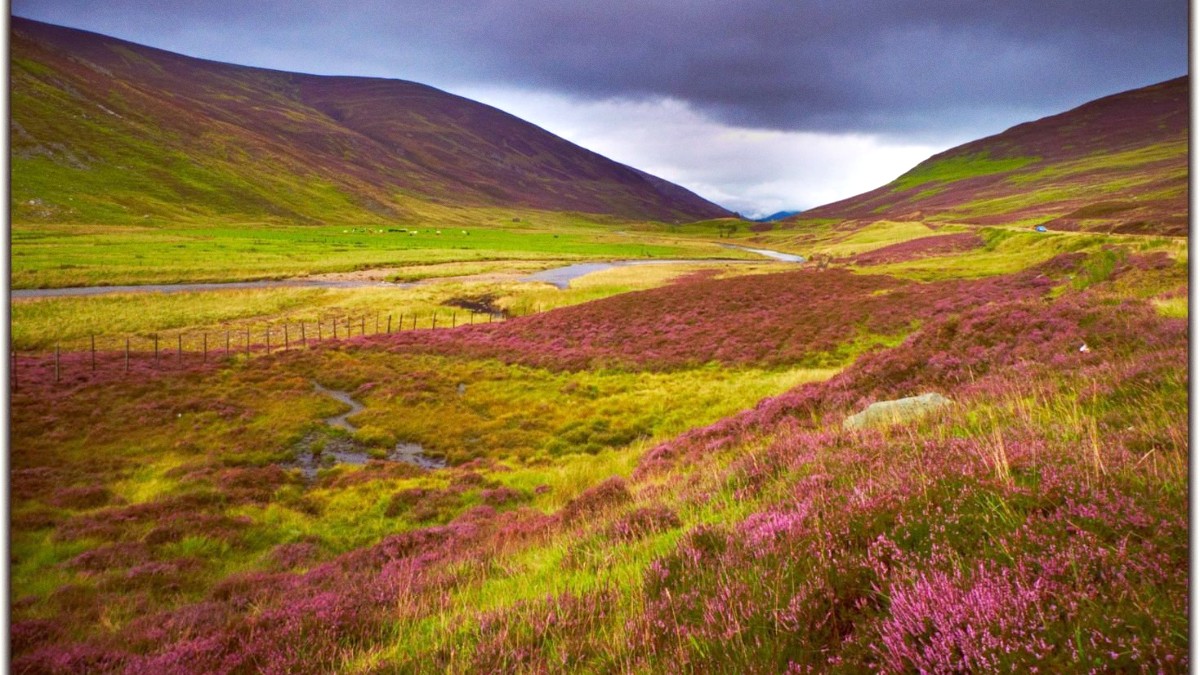
Highlands And Northern Islands, Scotland
The Outer Hebrides experience a temperate maritime climate. Mild temperatures, frequent rainfall, and strong winds define the weather here.
Prepare for changeable conditions. Always bring appropriate gear.
Always prepare for rain, regardless of the season. A waterproof outer layer is always a good idea.
From late May to September, midges, small biting insects, can be present, especially during calm, humid evenings. Pack insect repellent.
June-August
Warmest weather, longest daylight, all tourist facilities open, frequent ferry services.
Higher prices for accommodation and ferry travel, more visitors, midges possible.
April-May, Sep-Oct
Fewer crowds, generally pleasant weather, lower prices, good for walking.
Some smaller facilities may operate reduced hours or close.
November-March
Lowest prices, fewest tourists, dramatic landscapes, aurora viewing, a sense of solitude.
Short daylight hours, cold, wet, windy weather, many tourist facilities close, reduced ferry schedules.
Hiking and cycling are best in late spring (May) and early autumn (September) with fewer midges and crowds.
Spring and summer are optimal for birdwatching (e.g., puffins) and spotting marine life. All seasons offer unique light and atmospheric conditions for photography.
Late spring (May) and early autumn (September)
Spring and summer for birds and marine life.
Summer for enjoyment, but cold ocean temperatures.
All seasons for unique light, winter for dramatic skies.
The Outer Hebrides are part of the United Kingdom. Travelers obtain a visa if their nationality is not exempt from UK visa requirements. The standard visitor visa typically covers tourism, valid for up to 6 months.
Citizens of the European Union (EU), European Economic Area (EEA), Switzerland, USA, Canada, Australia, New Zealand, and many other countries do not need a visa for visits up to 6 months.
Travelers with nationalities not on the exempt list obtain an UK Standard Visitor visa online before travel.
For international visitors, connecting flights typically enter the UK via major mainland airports like Glasgow or Inverness before proceeding to the Outer Hebrides.
Plan your budget carefully. The Outer Hebrides present a range of affordability options depending on your travel style.
The official currency is the Pound Sterling (£, GBP).
ATMs are available in larger towns like Stornoway, Tarbert, Lochmaddy, Balivanich, and Castlebay. Credit and debit cards (Visa, Mastercard) are widely accepted.
Expect to spend £50-£100 per person per day.
Accommodation: Hostel dorm bed, basic B&B, or camping (£15-£40).
Meals: Self-catering from supermarkets, simple pub meals, packed lunches (£15-£30).
Plan for £100-£200 per person per day.
Accommodation: Mid-range B&B, guesthouse, or self-catering cottage (£60-£120).
Meals: A mix of self-catering, pub meals, and local restaurants (£30-£60).
Budget £200+ per person per day.
Accommodation: Boutique hotel, luxury self-catering, or premium guesthouse (£120+).
Meals: Fine dining, full restaurant meals, local delicacies (£60+).
| Category | Item | Cost |
|---|---|---|
| Accommodation | Hostel dorm | £20-£35 per night |
| Accommodation | B&B/Guesthouse (double) | £70-£150 per night |
| Meals | Dinner (pub/restaurant main) | £15-£35 |
Prepare for potential health and safety aspects of travel to the islands.
From most countries. Ensure routine vaccinations (MMR, DTP, Polio) are current.
Consult your doctor or a travel clinic for personalized advice.
Base advice on your medical history and specific travel plans.
Midges: Small biting insects active from late May to September, specifically in calm, damp conditions.
Ticks are common in grassy and wooded areas. These insects carry Lyme disease. Wear long clothing when walking in tall grass. Check yourself thoroughly after outdoor activities, paying attention to areas like behind the knees, groin, armpits, and scalp.
Weather Exposure: Rapid weather changes, strong winds, and cold temperatures lead to hypothermia or sunburn. Dress in layers. Carry waterproof and windproof clothing. Use sunscreen even on cloudy days, and stay hydrated.
Prevention for Midges: Use a good Insect repellent containing DEET or Saltidin (Picaridin). Wear long sleeves and trousers, especially at dawn and dusk. Head nets are useful. For ticks, use a Tick remover tool.
Dial 999 for Police, Ambulance, Fire, Coastguard, or Mountain Rescue. This is a free call from any phone.
For non-life-threatening health concerns, call NHS 24 (dial 111 in Scotland) for advice or to find local services.
Larger islands (Lewis, Benbecula, Barra) have small hospitals or health centers with Accident & Emergency departments. Pharmacies are available in larger towns like Stornoway, Tarbert, and Castlebay.
The Outer Hebrides have a very low crime rate, among the safest regions in the UK. Violent crime is extremely rare. Petty theft is uncommon, but remain vigilant.
Self-catering and advance ferry bookings are effective.
Booking accommodations with kitchen facilities and buying groceries from supermarkets significantly lowers food costs.
Bringing appropriate clothing and gear prevents purchasing expensive items locally, supporting budget adherence.